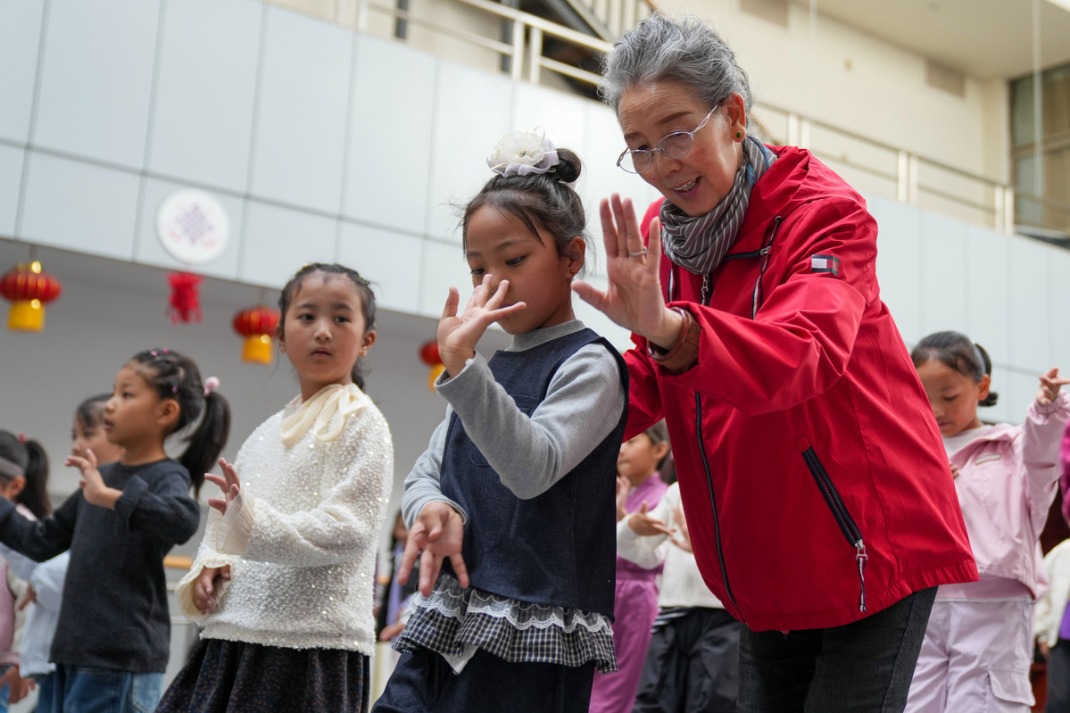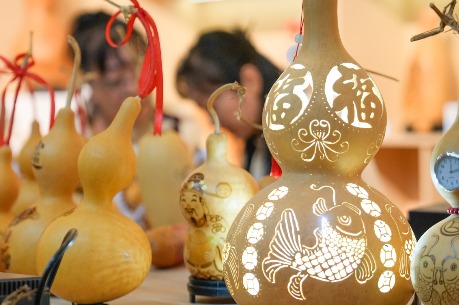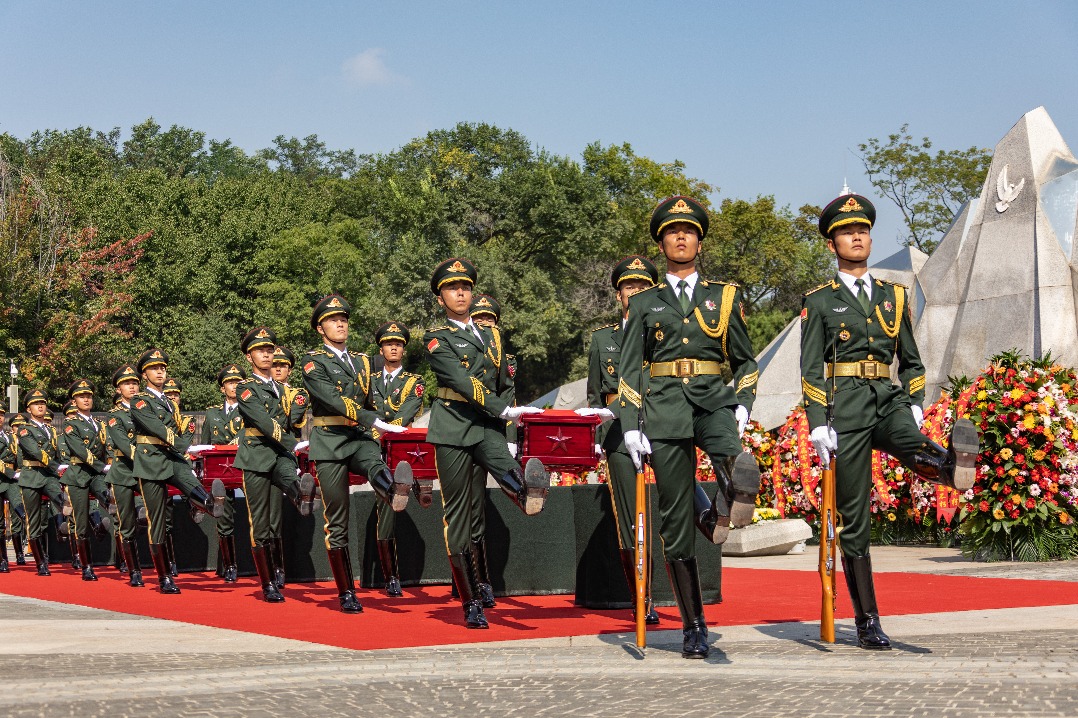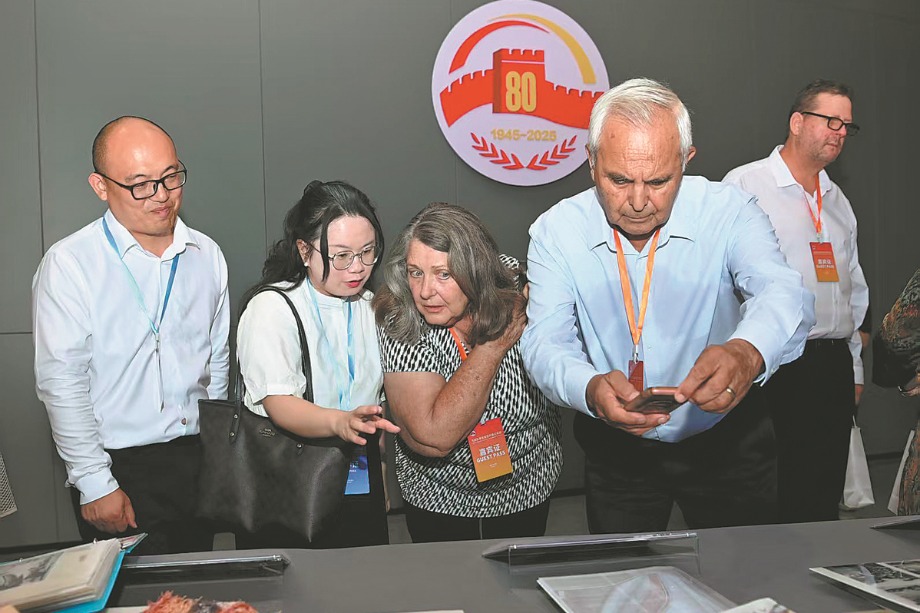Visa-free policy for Russians ignites travel plans


China began a test period on Monday for a policy allowing Russian holders of ordinary passports to enter the country without a visa — a move the government hopes will significantly boost tourism and economic exchanges between the two nations.
The policy, announced by China's Foreign Ministry will be in effect until Sept 14 next year. Under the rule, Russian citizens can stay for up to 30 days for purposes including business, tourism, family visits, cultural exchanges and transit.
Online travel platform Qunar reported that searches for flights from Moscow to China nearly doubled within half an hour of the announcement, with peaks four times the usual volume.
Russia has become a key source of inbound tourists for China this year, ranking among the top three countries of origin during the summer travel season, according to online travel agency Ctrip. Since July, travel orders from Russia to China increased 150 percent year-on-year, with Beijing, Shanghai, Sanya, Guangzhou and Harbin among the most popular destinations.
In preparation for increased arrivals, the tropical resort city of Sanya, Hainan province, has enhanced its Russian-language services and tourism offerings.
"Major scenic spots, airports and business districts now have clear Russian signage, and more Russian-speaking staff are available to assist visitors," said Wu Xiaolin, Party secretary and deputy director general of Sanya's tourism board.
Hainan had already implemented a 59-country visa-free policy in 2018, which included Russia. Russian tourists can use familiar payment methods in Sanya, including exchanging rubles at local banks, using Alipay or WeChat Pay, or paying with international cards through merchants equipped with the Hainan Trust Pay app.
Sanya has developed tailored tourism products — including traditional Chinese medicine diagnosis retreats, rainforest healing programs and meditation experiences in temples — for Russian visitors, who show strong interest in wellness and cultural activities. The city has also expanded cooperation with Russian travel agencies and participated in tourism exhibitions in Russia to discuss market trends.
Local hotels have reported a sharp increase in the number of Russian guests. Harman Hotel Sanya recorded a 348 percent year-on-year rise in Russian bookings from January to August. The hotel has added family rooms with extra beds and introduced all-inclusive packages for Russian-speaking guests, along with implementing Russian signage, multilingual staff and various dining options.
At the popular Dadonghai Scenic Area, some restaurants have hired Russian-speaking staff and introduced Russian menus.
"Many Russian guests start with a beer or cocktail in the afternoon, and they enjoy the beach. They show great interest in Chinese food," said Wu Miu, chief operating officer of IPK Beach Club & Lan Seaview Restaurant. "My Russian friends told me their dream of Sanya's seaside is to dance all night with friends on the beach and then lie on the sand until sunrise."
Wuzhizhou Island, a major tourist attraction in Sanya, expects a significant increase in Russian visitors under the visa-free policy. Russian tourists favor water sports such as scuba diving, jet skiing and flyboarding, along with island sightseeing and cultural experiences, said Chen Hong, head of the island's enterprise management department.
Wuzhizhou provides information in four languages, including Russian, and has hired Russian-speaking staff to enhance service quality. Chen said the plan is to enrich Russian-language promotional materials, introduce more interactive experiences incorporating Russian cultural elements, expand Russian food options and strengthen staff training in cross-cultural communication.
Russian tourist Yerkebulan Tynymov, visiting Sanya for the first time, praised the city's friendly atmosphere and convenience. "There are many Russian speakers in Sanya, and payment with cash or Alipay is easy. Chinese cuisine is diverse and delicious," he said.
Last year, the Chinese mainland received more than 1.5 million Russian visitors, a 115 percent increase year-on-year. From January to August this year, more than 655,000 passengers traveled between Russia and China on Aeroflot flights alone, a one-third rise from the same period last year.
The new visa-free policy is expected to further amplify this trend. Russian tour company ITM predicted that China could soon rank among the top five most popular international destinations for Russian travelers.
- Visa-free policy for Russians ignites travel plans
- Beijing Xiangshan Forum to uphold intl order
- Retired artist devotes weekends to passing on Tibetan opera in Xizang
- China Coast Guard acts against Philippine government vessels near Huangyan Island
- Scientists use moonquakes to map safe lunar landing sites in future
- One failed course will no longer bar postgrad path





































